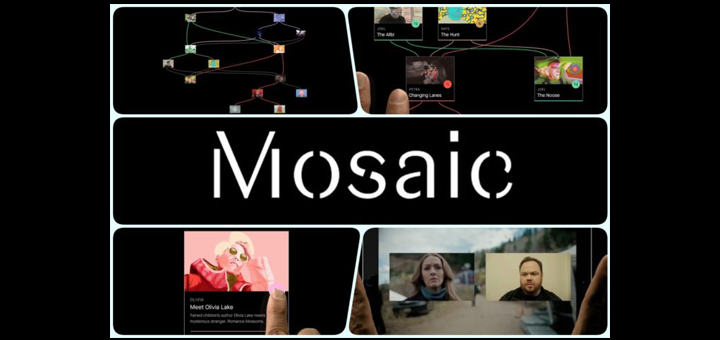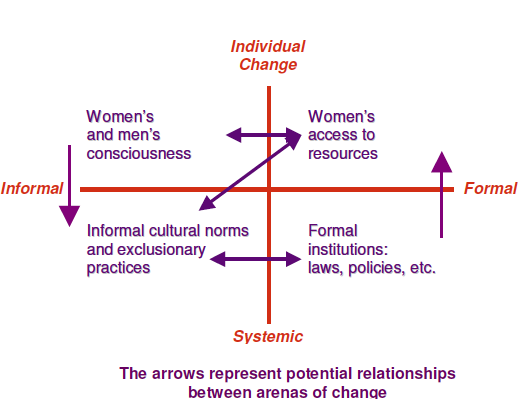Like our blog? Do you enjoy playing and thinking critically about games? Want to do something in the gaming industry but worry you don’t have the “tech” skills? Well you may not know it, but even without skills to make the games, there are still ways that you can further your education to make you a more appealing candidate to video game companies. While we all know that the old stereotype of the awkward, shy gamer who hangs out in his parents’ basement all day is an overblown myth, game development companies usually do need a host of people with writing, design, human resources, interpersonal, and community building skills. While, yes, we have interview people like Sheri Graner Ray who is a game developer, we have also interviewed Meagan Marie, community manager for Crystal Dynamics, and Christa Charter, who worked in the video game industry and writes a wonderful book series based in the video game industry. We also interviewed Mark Barlet who founded Able Gamers, which works to make games more accessible (which most of the time, means just plain better). So there are many people making it work in the industry without the tech chops.
What I wanted to do was highlight 3 graduate and undergraduate programs that can give you a leg up in competing for those sought after positions. While the most important thing in being a community manager, for example, may be to have a steady blog and consistent involvement in many aspects of the gaming community, an education in, say, Digital Media, can’t hurt. In fact, looking at the track record of the graduates from these programs suggest that a continued education in games gives you a much better chance of finding a career. So, here we go:
1. Michigan State’s Games and Meaningful Play program. In this program they have a BA, MA, PhD, and for those who don’t want to get a degree, they have certifications available as well. They offer courses like Foundations of Serious Play, Interaction Design, and Advanced Media Research. While their undergraduate major does require you to take several tech-focused classes (learning stuff like Unity), their graduate programs are heavily theoretical.
2. University of Wisconsin-Madison
Now, I have been to the Games, Learning, and Society conference that they host each year, and I have to say, their program (and campus!) is nothing short of wonderful. They have some of the most prolific game theorists at UW (Kurt Squire, Constance Steinkuehler). PLUS, Steinkuehler is the advisor to the white house on video games. Pretty neat! If you studied here, you would likely join up with the Games, Learning, and Society group, which houses the folks that focus on pedagogy and games.
Miami is home to the AIMS program (Armstrong Institute for Interactive Media Studies), which has been called one of the best places to study video games. They offer classes in both analysis and design of games. If you studied here, you would be taking classes like Analysis of Play, Design of Play, and Digital Writing and Rhetoric. This is a pretty cutting edge program that is worth checking out.
In the end, I am an obvious supporter of getting as much education as you can. But I really think that continuing your own professional development is the key to being successful in the gaming industry, particularly when you may not have the tech skills to back it up (or if you do, but the theory is more interesting to you). There are jobs for you out there, and perhaps these programs are the way to get




